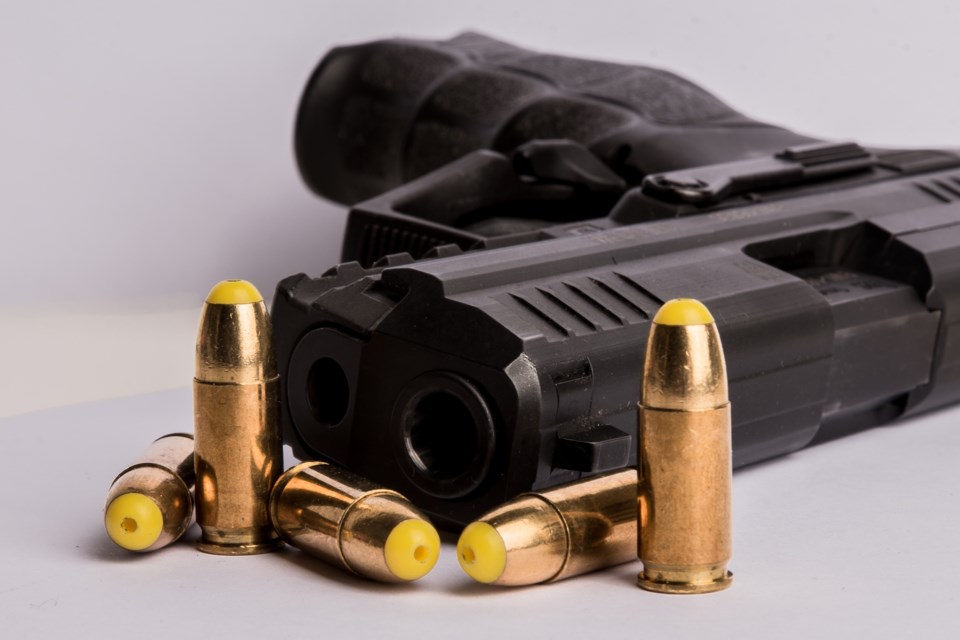Toughening Canada’s handgun laws could fall in the lap of local governments.
The federal government tabled legislation this week that includes allowing municipalities to ban handguns by restricting the ability to possess, store and transport firearms. Those who violate these municipal bylaws would also be subject to federal penalties, including licence revocation and criminal sanctions.
Barrie Mayor Jeff Lehman said he has reservations about the proposed legislation.
“This is fundamentally a federal issue,” he said. “Making it a municipal issue implies that there are some municipalities where handgun ownership rules should be different.
“That doesn't make a lot of sense to me. They should be the same everywhere," Lehman said.
Ottawa says this legislation builds on previous measures to keep guns out of Canadian communities, including prohibiting assault-style firearms and providing $327.6 million through the Initiative To Take Action Against Gun and Gang Violence to support provincial-, territorial- and community-level prevention and enforcement efforts to tackle the increase in gun-related violence and gang activity.
“Communities are the heart of Canada and Canadians need to know that they can live, work and play safely in their own community,” said Minister of Public Safety and Emergency Preparedness Bill Blair. “The new legislation we introduced will help build on the practical and targeted measures we have taken to protect Canadians from firearms violence.”
Lehman said local governments should not have to come up with their own bylaws to ban handguns, that the feds should provide an outline for municipalities.
“At a minimum, there should be a standard blueprint,” he said.
Municipalities would also need police help to enforce a local handgun bylaw.
“Our police force already enforce gun laws and if a local bylaw was created, I don't think MLEO (municipal law enforcement officers) would have the expertise and training with firearms to enforce, so it would likely fall to police,” Lehman said.
Ottawa said the rates of violent and non-violent offences specific to firearms increased for the fifth consecutive year in 2019. The number of violent offences specific to firearms jumped by 21 per cent (an increase of 642 from 2,861 to 3,503).
Statistics Canada reports the use of firearms in homicides increased from 30 per cent in 2009 to 40 per cent in 2019.
Break-and-enter incidents for the purposes of stealing a firearm continue to increase. Police reported just over one-third of these offences involved breaking into a motor vehicle for the purpose of stealing a firearm. The remainder involved breaking and entering into another location, the majority of which were private residences.
This week’s federal announcement also mentioned giving young people the opportunities and resources they need to avoid criminal behaviour by providing funding to municipalities and Indigenous communities to support youth programs.



